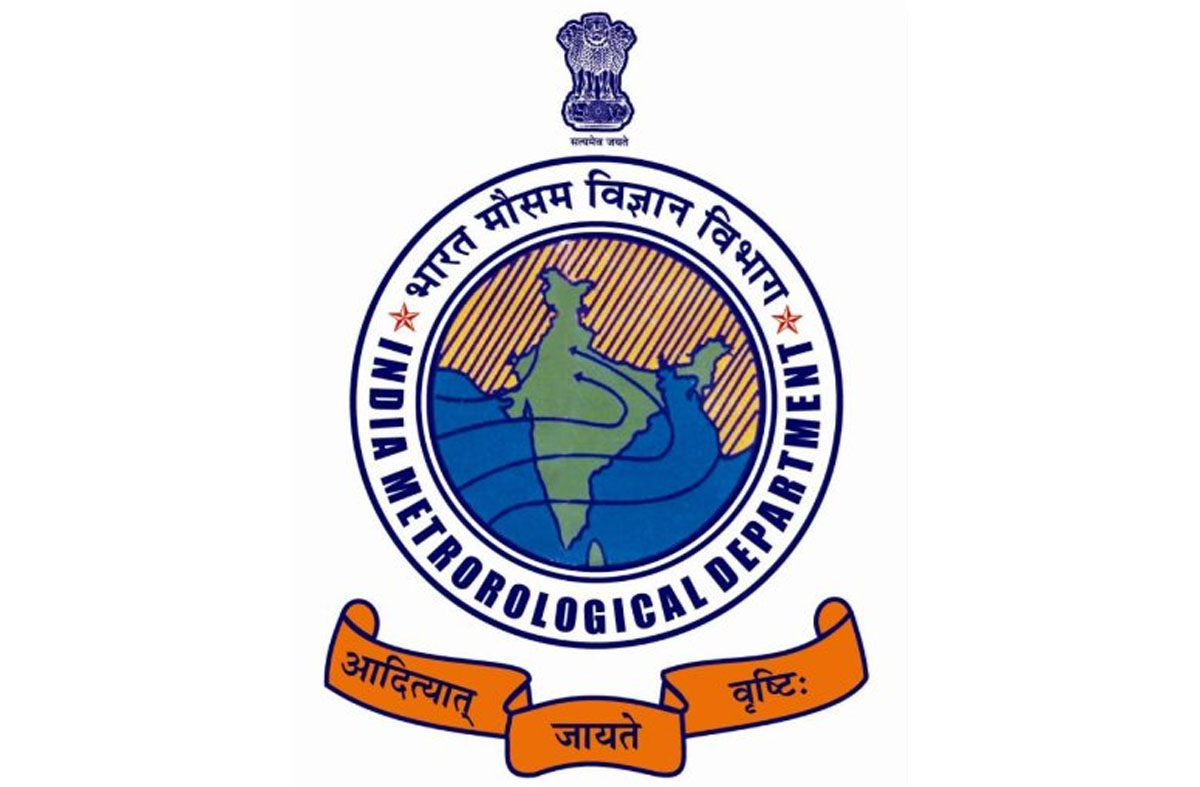NEW DELHI, June 10:
Northwest and east India are in for another spell of extreme heat, with temperatures predicted to rise by two to three degrees over the next five days, the India Meteorological Department said on Monday.
India experienced multiple intense and prolonged heat waves in April and May which tested the limits of human endurance and the country’s disaster preparedness, as many states, including Uttar Pradesh, Bihar and Odisha, reported heat wave-related deaths.
“Heat wave to severe heat wave conditions (are) likely over northwest and east India during the next five days,” the IMD said in a statement.
The heat wave is likely to impact parts of Jammu and Kashmir, Himachal Pradesh, Uttarakhand, Punjab, Haryana, Delhi, Rajasthan, Madhya Pradesh, Jharkhand, Odisha and Gangetic West Bengal, the Met office said.
Experts say the extreme heat is a result of the naturally occurring El Nino phenomenon — unusual warming of the ocean surface in the central and eastern tropical Pacific Ocean — and the rapidly increasing concentration of greenhouse gases in the atmosphere.
Studies show that rapid urbanization has worsened the warming in urban areas, with outdoor workers and low-income households bearing the maximum impact.
The heatwave in May saw several places across the country, including the hills of Assam, Uttarakhand, Himachal Pradesh and Arunachal Pradesh, recording all-time high temperatures. The mercury breached 50 degrees Celsius in Rajasthan and neared this mark in Delhi and Haryana.
Similar heatwaves could occur once every 30 years and these have already become about 45 times more likely due to climate change, ‘World Weather Attribution’, a group of leading climate scientists said last month.
There are concerns that heat waves in April and May have played a role in the lower-than-usual voter turnout during the seven-phase general elections in India that began on April 19 and ended on June 1, the second longest after the 1951-52 parliamentary elections.
According to the Central Water Commission, water storage in 150 major reservoirs in India dropped to just 22 per cent of their live storage this week, exacerbating water shortages in many states and significantly af


